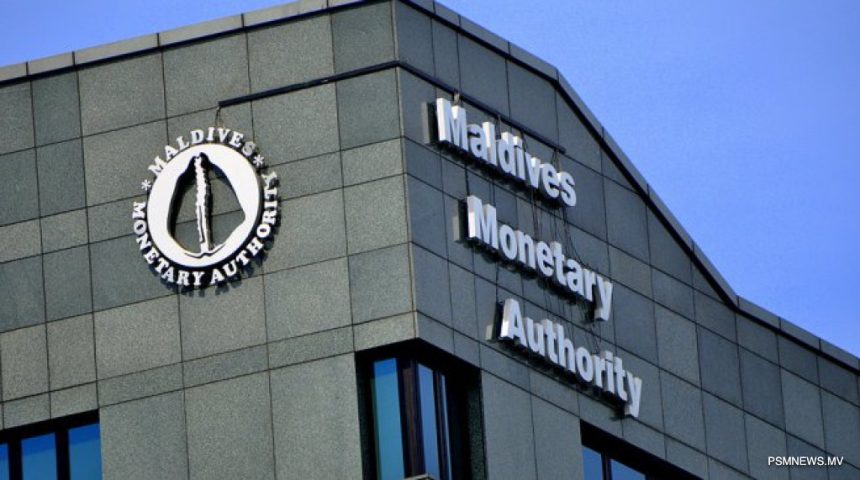Financial experts have affirmed that the Maldives Monetary Authority (MMA) and the Pension Fund’s recent bond transaction is a legitimate investment arrangement aligned with international best practices, not an act of money printing as misrepresented by opposition voices.
According to economists, the transaction was executed through the secondary market, a globally recognized mechanism for managing liquidity and strengthening financial systems. They noted that similar approaches have been used successfully by countries such as Australia, Chile, and members of the Eurozone to stabilize their economies and maintain market confidence.
“This is a structured and transparent investment, fully compliant with financial standards. It reallocates existing funds within the economy rather than printing new money,” explained one financial analyst. “Such mechanisms are designed to ensure liquidity control while providing secure, long-term returns for public investment portfolios like the pension fund”.
Experts highlighted that the transaction’s proceeds will help clear outstanding payments—estimated at around MVR 9 billion—left unpaid by the previous administration. This, they noted, will bring relief to hundreds of local businesses and contractors that had faced significant financial strain.
They also cited the Maldives Monetary Authority’s recent move to increase the reserve requirement for banks from 10 percent to 11 percent as a sign of strengthened monetary discipline. The adjustment will absorb excess liquidity, stabilize the Rufiyaa, and enhance the country’s financial resilience.
Comparing global experiences, analysts referenced Australia’s Reserve Bank, which used similar bond operations to lower borrowing costs and stabilize markets during periods of economic uncertainty. In Latin America, central banks in Chile and Colombia adopted the same strategy to improve liquidity and strengthen financial confidence. Likewise, the European Central Bank’s secondary market interventions have long been credited with reducing volatility and ensuring smoother government financing.
Financial experts unanimously agree that the MMA–Pension Fund bond transaction represents sound fiscal governance and a forward-looking approach to economic stabilization. Rather than an act of monetary expansion, the initiative mirrors the successful practices of advanced and emerging economies—demonstrating that the Maldives is pursuing a responsible, transparent, and globally aligned financial strategy.




